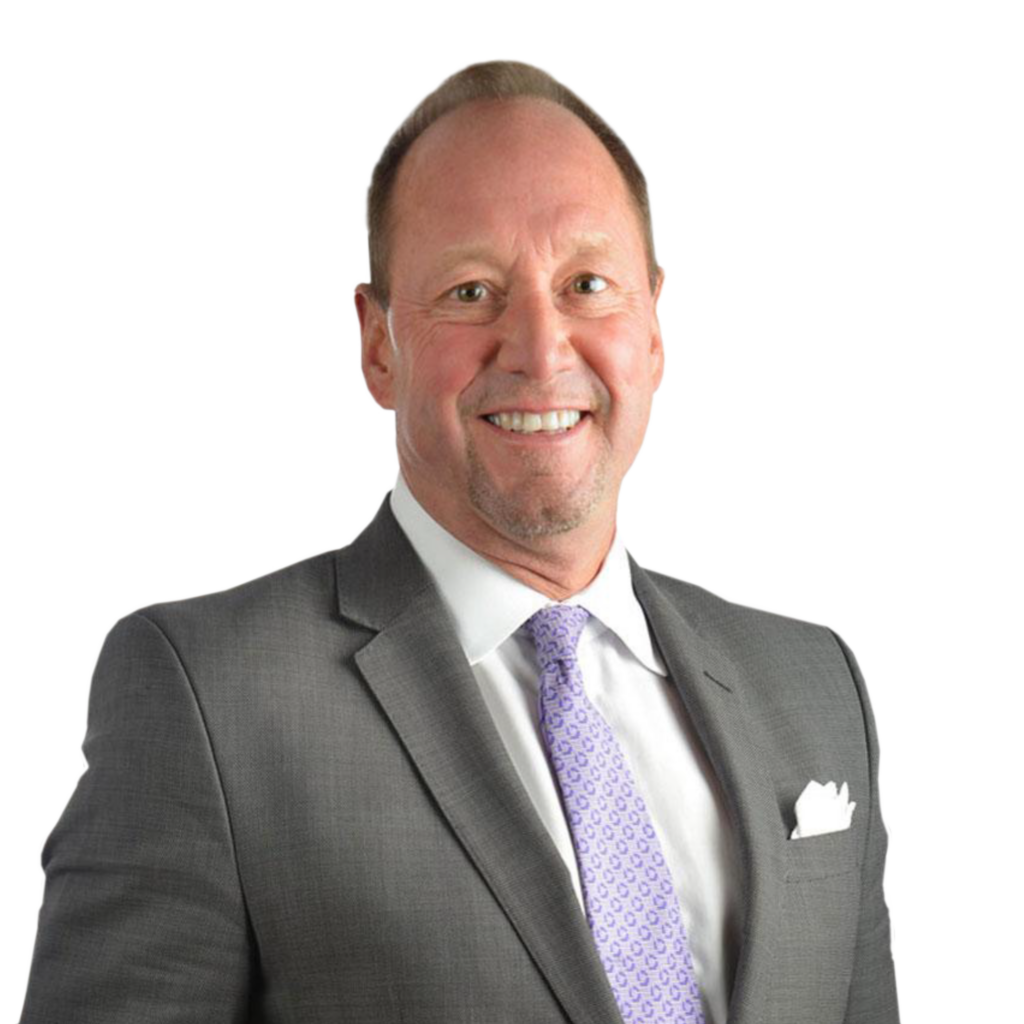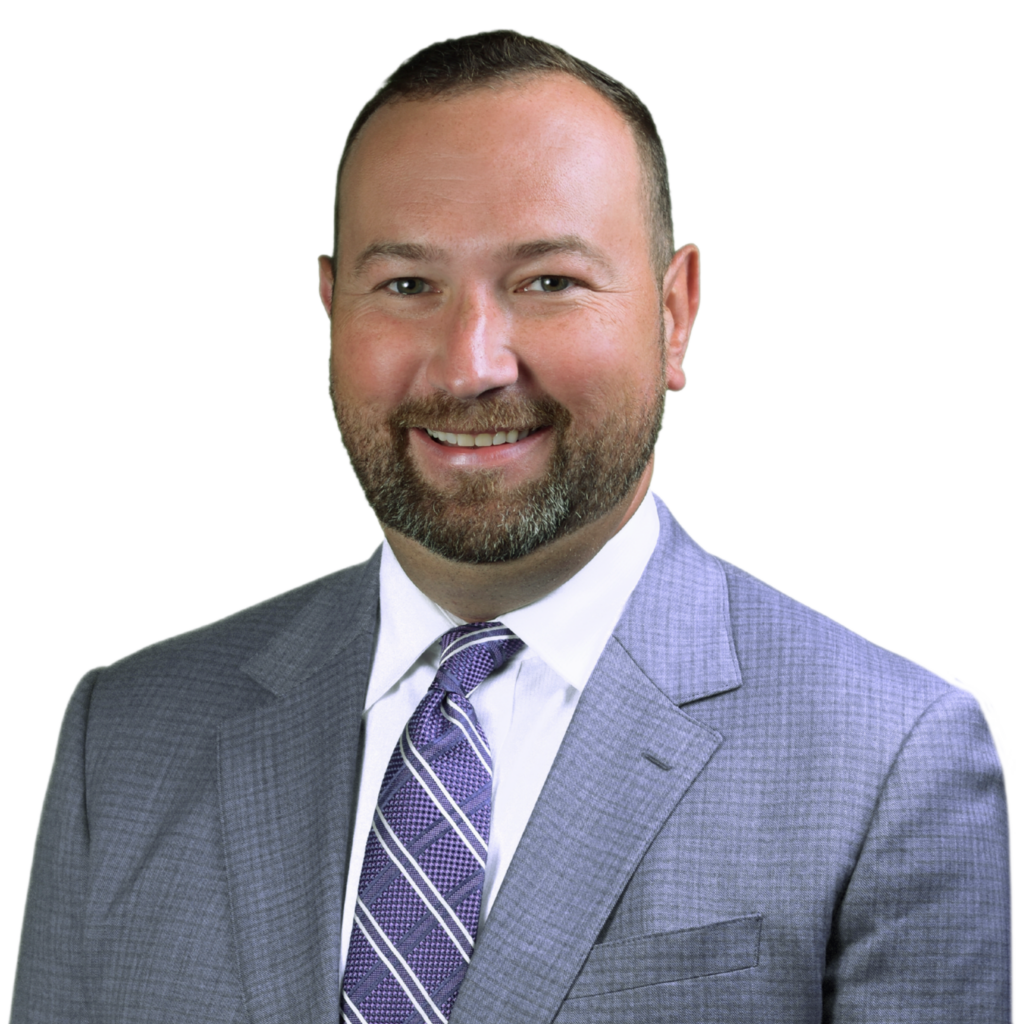Be Proactive! Take Advantage of the Relief Offered by the CARES Act
03/27/2020 Brian Malthouse, Emir HodzicOn Thursday, March 26, the U.S. Senate momentarily tabled its zealous partisanship to pass the $2 trillion emergency relief bill, the Coronavirus Aid, Relief, and Economic Security Act (CARES Act). Meanwhile, news simultaneously broke announcing the U.S. as the global leader in confirmed COVID-19 cases. In a brief review of the freshly passed bill, it is overwhelmingly clear why every eligible small business should contact a qualified participating SBA lender and apply for a covered loan under the CARES Act.
With the vast majority of small businesses experiencing the adverse effects of the COVID virus and the various programs implemented to mitigate the spread of the disease, the relief offered by the CARES Act provides a boost to the dazed American economy. In what is possibly the most generous aspect of the CARES Act, businesses are not required to be negatively impacted in order to qualify for the covered loan under the paycheck protection program
Who is eligible?
Eligibility for the paycheck protection program is defined as a business with less than 500 employees who acknowledges and must certify the uncertainty of the current economic conditions and deems the loan necessary to sustain operations. It should be noted, there are special rules for companies with more than one location and less than 500 employees in that location. You would be hard-pressed to find a business with less than 500 employees who could not make this acknowledgement.
The business would also need to acknowledge that the funds will be used to retain workers, maintain payroll, make rent or mortgage payments, pay interest on certain existing debt, or pay utility bills.
Generally, SBA loans contain a provision that the business has exhausted the ability to find credit elsewhere. Such a provision is waived for loan under this Act.
How much can I borrow?
The maximum loan amount is the lesser of the sum of the following:
The average total monthly payroll costs incurred by the employer over the last 12 month period measured from the date when the loan is made multiplied by 2.5. The maximum amount available is limited to $10,000,000. If you had previously received a Coronavirus disaster loan, that loan would be reduced from the calculated maximum amount you could borrow.
What can I use the loan for?
Eligible uses for the loan proceeds are for payroll costs including health and welfare benefits, interest on mortgages, and on debt incurred before the covered period of the loan, or rent and utilities.
What are the fees associated with the loan application?
There are no fees associated with these loans. The SBA will pay participating qualified banks a fee for processing the loan.
How many loans are available?
The CARES Act provides $349 billion for these types of loans.
What type of personal guarantees or collateral will be required?
- There will be no personal guarantees
- There will be no collateral requirements
- The loans will be 100% guaranteed by the federal government
Is there a limit on the amount of compensation paid to an individual?
There is a limit on all calculations concerning payroll that caps compensation per individual at $100,000 on an annual basis.
What is the loan forgiveness program?
The amount of the forgiveness will be the principal that the lender reasonably expects the borrower to expend during the covered period for payroll, health insurance, rent or mortgage payments (not principal), utility payments and interest on existing debt. The covered period is an eight-week period beginning with the origination of the loan.
What else do I have to do?
The essence of the loan forgiveness program is to encourage employers to maintain their workforce. The amount of the forgiveness is reduced by a percentage, showing that you reduced your workforce rather than maintaining it. The amount forgiven is reduced by one of two factors which the borrower can elect.
Average number of FTE’s (Full Time Equivalents) in the eight-week covered period divided by the average number of FTE’s from 2/15/2019 – 6/30/2019.
Or
Average number of FTE’s (Full Time Equivalents) in the eight-week covered period divided by the average number of FTE’s from 1/1/2020 – 2/29/2020.
In order to maximize your loan forgiveness amount you need to have at least as many FTE’s in the eight weeks following when the loan was received as you had in one of two time periods. Those periods are 2/15/2019 – 6/30/2019 or 1/1/2020 – 2/29/2020. Since the first time period is longer than eight weeks you need to calculate the average during that period.
The amount of forgiveness can also be reduced if you’ve had a salary reduction of more than 25% in your work force.
Is loan forgiveness treated as taxable income?
Loan forgiveness under the payroll protection program will not be considered taxable Income to the borrower.
What happens to the loan after the amount of forgiveness is determined?
- The loan will have a maturity not to exceed 10 years
- The loan’s interest rate will not exceed 4%
- There will be no prepayment penalties
- The loan will continue to be guaranteed by the federal government
When can I start the application process?
It is anticipated the bill will become law on March 27, 2020, and the qualified banks are gearing up to start the process. We will release additional timely communications, regarding the commencement of this process.
Since the banks will be responsible for completing the application, what can VonLehman do to help me?
VonLehman has been helping clients complete the SBA application for many years. Our specialists will be sure you are completely prepared to meet with the bank including all of the appropriate requirements necessary for an efficient process.
Be proactive for your business and maximize the benefits offered by the CARES Act. VonLehman specialists are standing by to guide you through this complex process. Contact us today at info@vlcpa.com or 800.887.0437.



